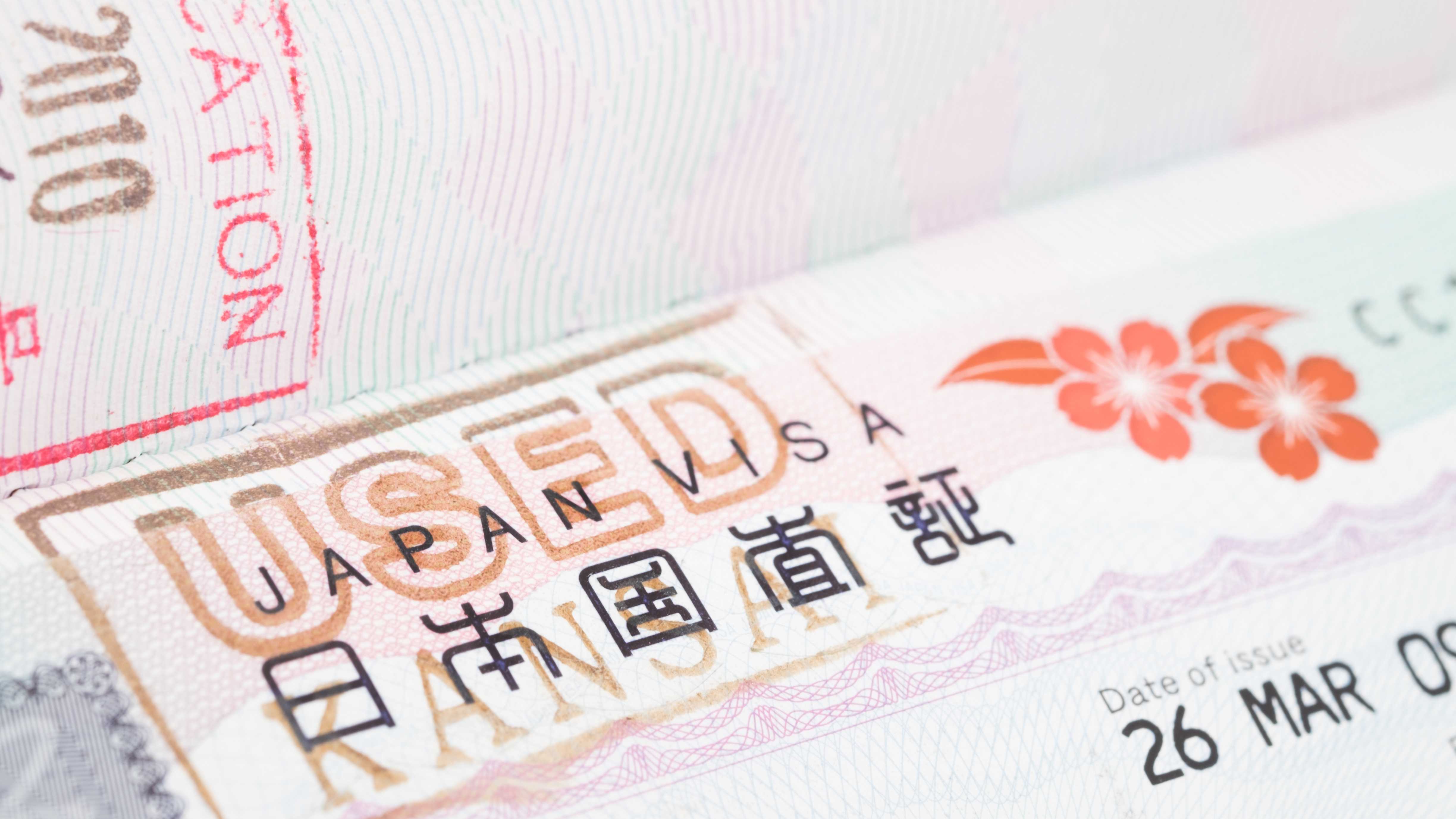Japan’s world-class and innovative infrastructure, efficient public transport, and high quality of life are all but a few qualities that draw thousands of expats to the island nation each year. Though living costs rank among Asia’s highest, most would agree that the investment is justified by superb healthcare, top-tier schools, and rich cultural experiences.
Advertisement
Edmund Taylor
Tokyo has so much to offer and InterNations made it much easier to become acclimated to life in this bustling city.
Marina Salgado
In such a huge city, InterNations has created great events for expats to meet in Tokyo.
Advertisement
Why you'll love InterNations in Japan
and countless possibilities for fun and friendship!
Advertisement
Advertisement
Why move to Japan?
Japan is a great choice for people moving abroad to experience its unique combination of culture and modern technology. With one of the lowest crime rates in the world, Japan is known as an extremely safe country. Economically, opportunities span diverse sectors, and the standard of living is exceptional.
While these qualities make Japan attractive, moving to Japan is very different than just visiting as a tourist. Expats face complex government processes, a demanding banking system, and the language barrier can feel overwhelming if you’re unprepared.
Most importantly, have clear goals for your move to Japan, but stay willing to embrace new experiences. Understanding Japanese culture, securing the correct documentation, and anticipating lengthy waiting periods are essential steps.
This guide is designed to help you navigate these complexities and make your relocation as smooth as possible.
The guide to visa types and work permit requirements

Want to know how to get a visa or work permit in Japan? One of the easiest ways is by being offered a job before your arrival in the country. Your company in Japan will then start the visa application process for you. They will do this by issuing a Certificate of Eligibility, which is a requirement for all Japanese visas.
The type of job you have will dictate the type of Japanese visa you will apply for. Japan has over 30 different visa types, including ones specifically for entertainers, teachers, engineers, etc. The costs and documentation required for each visa type varies. For example, those applying for a research visa will need to submit documents defending their research and make a case for why they need to be in Japan.
Advertisement
All you need to know about relocating your household goods and pets

The process of moving to Japan is easy as long as you’re prepared. In general, expats can move most household goods into the country without a problem. It’s a good idea to have an itemized list in both English and Japanese. Items can be brought into the country duty free as long as you can prove ownership for at least six months prior to your relocation.
Moving to Japan with pets is challenging and pet owners may be disappointed to learn that the country mandates a quarantine. For dogs and cats, there’s a mandatory 12-hour quarantine upon arrival. However, here’s where it’s important to be prepared. The quarantine period is much longer if you can’t provide all the necessary documentation such as titer test results or microchip number.
Read the full guide on how to relocate your household & pets to Japan
How to find a place to live in Japan

Two main things come to mind when most people think of accommodation in Japan: expensive and space. Not every city in Japan is super expensive, though. Living costs vary significantly by city.
Tokyo is the most expensive city. With its high housing costs and upscale lifestyle options, average monthly rent ranges from 95,000 to over 200,000 JPY (approx. 600–1,300 USD), while the national average is 50,000 to 70,000 JPY (approx. 330–460 USD) per month. Be aware that utilities are typically not included. “Space” comes to mind because Japan is a narrow island nation with a population of nearly 125 million. That is a lot of people in a tiny area.
Housing in Japan includes many different types of houses. Home choices range from high-rise, modern apartment buildings to detached, Japanese-style houses that are equipped with traditional woven tatami mat flooring. Japan is gradually modernizing its housing complexes. Despite this modernization push, many cities retain a unique blend of traditional and contemporary homes throughout the country.
Want to know how to buy a house in Japan as a foreigner? In general, there are no legal restrictions to expats owning a home in Japan. Like rentals, buying a home is expensive too and average house prices in the country are around 20 to 49 million JPY (approx. 132,000–320,000 USD).
You don’t need to have citizenship in order to buy a house. But if you also don’t have permanent residency or you’re not married to a Japanese citizen, the process will be difficult. It’s also important to note that buying a home doesn’t guarantee expats a path to permanent residency in Japan either.
How does healthcare work in Japan?

The healthcare system and health insurance in Japan is one of the best in the world. This is probably why the country as a whole has one of the highest life expectancy rates, which is thanks in large part to the strong emphasis on preventative care.
Expats are able to easily take part in Japan’s healthcare system. Once you have your residency card, there are two main health insurance schemes in Japan that you can sign up for: Japanese National Health Insurance, which is available to unemployed people, part-time workers, and students, and the standard Japanese Health Insurance, which is available to full-time employees.
Use this guide as a tool for all you need to know about healthcare in Japan. Whether you need to know how to find a doctor or are looking to give birth in Japan, we have all the information you need to stay happy and healthy.
Advertisement
Advertisement
Our Global Partners
Advertisement
Advertisement
Communities in Japan
Like-Minded Expatriates in Japan
Japan Guide Topics
Advertisement




